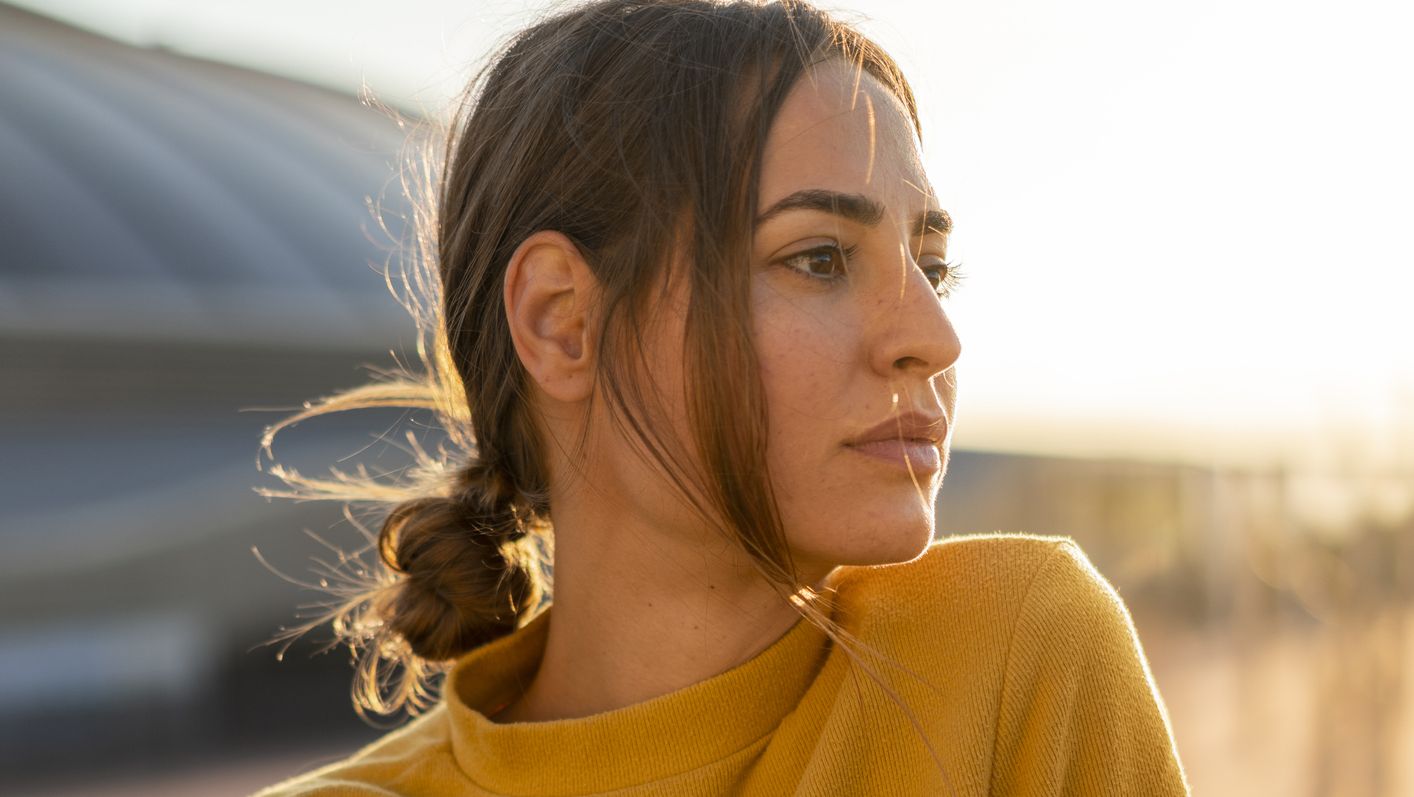Living In the Moment Isn't All It's Cracked Up to Be
Carpe diem? Our resident psychiatrist says not so fast—the future is worth a look.

As children, we spend a lot of time imagining what we are going to be like when we grow up. But when we’re adults, imagining ourselves 40 years from now is not something we routinely do. Perhaps it should be.
I know it sounds paradoxical, but thinking about your future self can actually help you
stay grounded and make better choices in the here and now. For example, research found that looking at digitally altered images of oneself—think wrinkles and jowls—makes people less impulsive. Along these lines, writing a letter to oneself 20 years from now has been shown to steer people away from self-defeating behavior. Some suggest putting visual renderings of a person’s aged face on credit and debit cards to encourage smart spending. Binge eating, substance abuse, and other impulse behaviors could also be affected by considering one’s future self. Even crime researchers recognize it is a tool to encourage first offenders to think about consequences of their actions and to deter crime in general.
Resilience expert Robert Brooks asks teachers to consider their future selves to improve their performance today: “If years from now someone asked your students about some of their best memories of their teachers, would they immediately recall experiences they had in your classroom?” Considering how their students will describe them later motivates them to create a more positive classroom in the present.
YOLO may be a cultural refrain, but long-term thinking can help us be the best versions of ourselves today. Sometimes the best way to make the most of a moment is to consider the future.
Dr. Samantha Boardman is a clinical instructor in psychiatry and an assistant attending psychiatrist at Weil Cornell Medical College in New York and the the founder of positiveprescription.com.
This story originally appeared in the October 2019 issue of Marie Claire.
Get exclusive access to fashion and beauty trends, hot-off-the-press celebrity news, and more.
RELATED STORY
